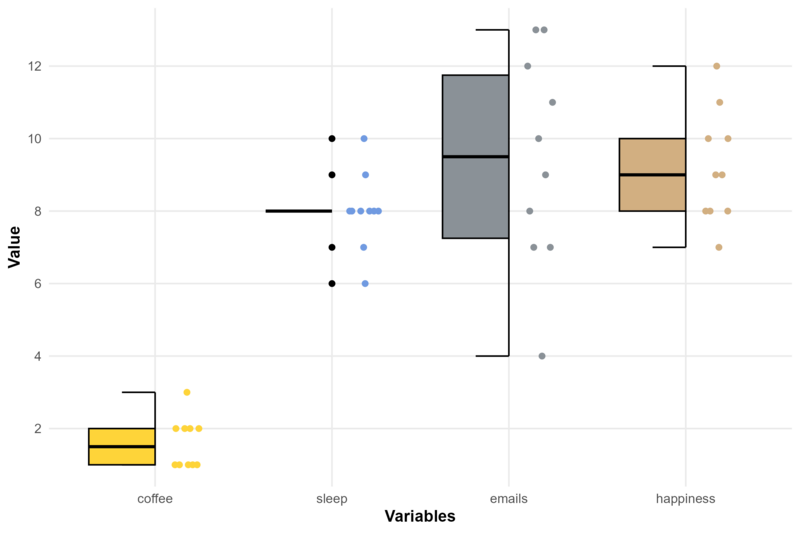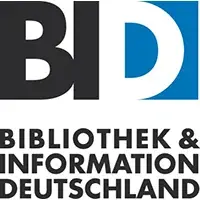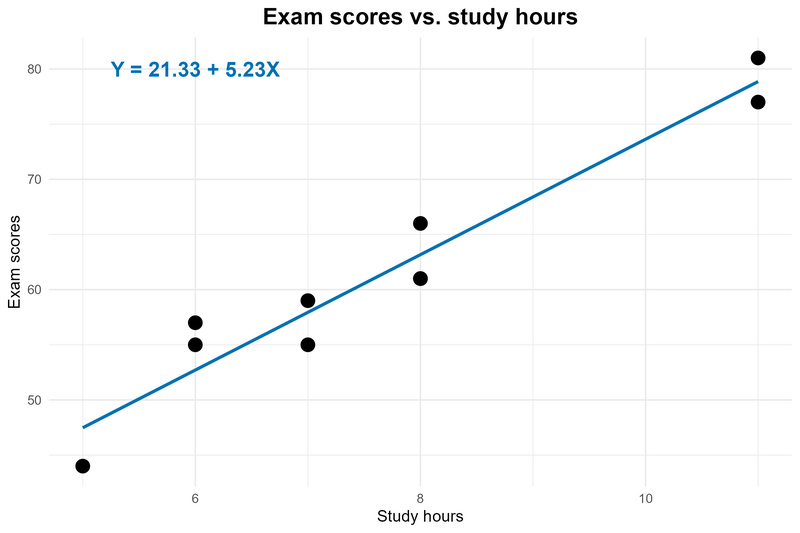
In my last post I showed how to do simple linear regression by hand. However, naturally, in most cases with statistics, you never have just one predictor variable, but rather multiple. As such, in this post, I will show how to do multiple linear regression by hand. Multiple linear regression is an extension of simple linear regression that allows for more than one predictor variable.






